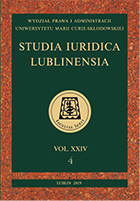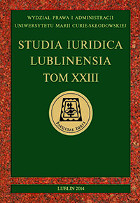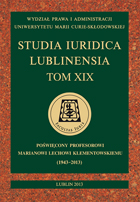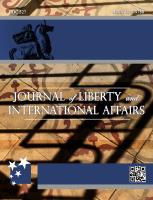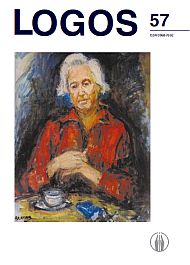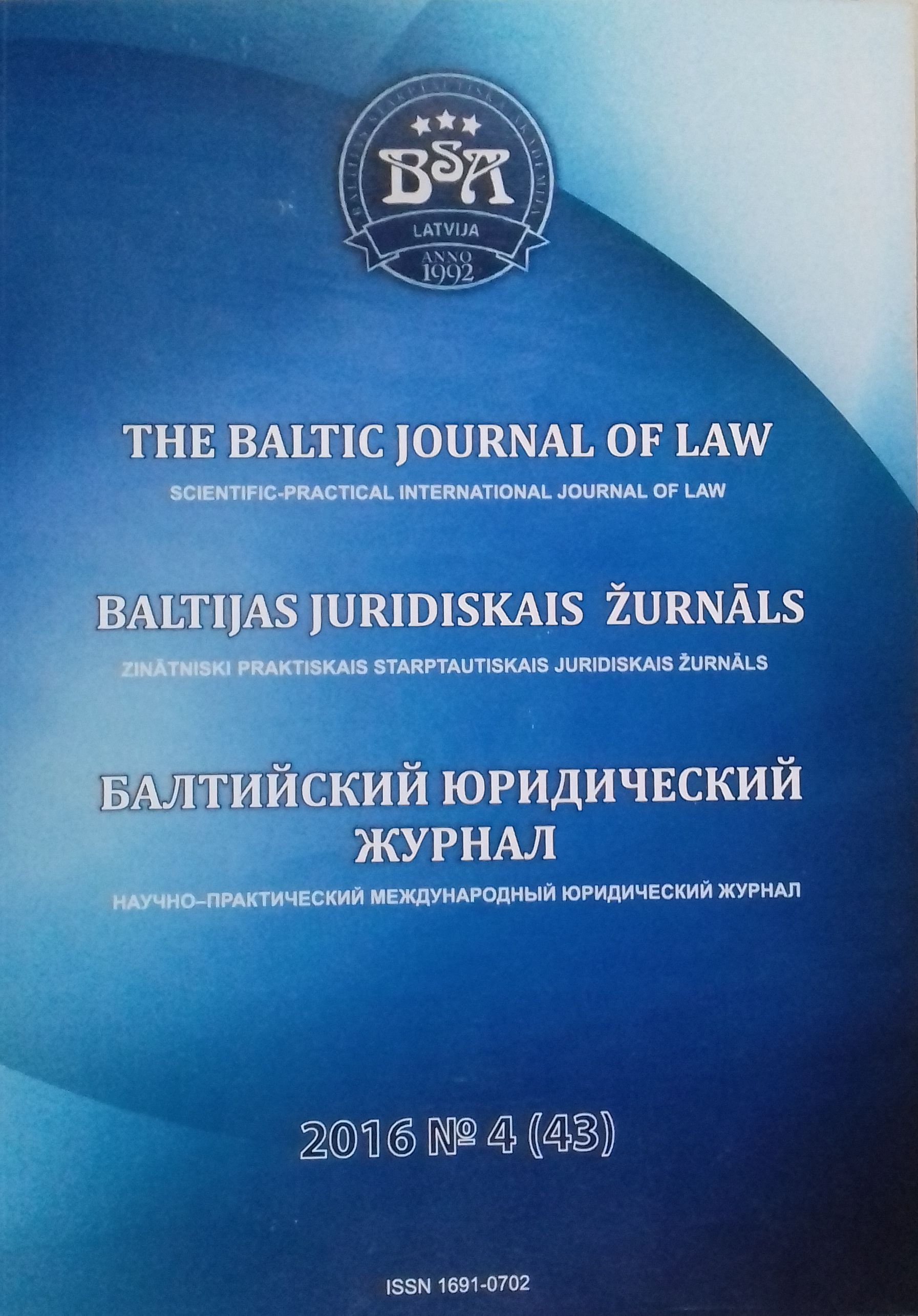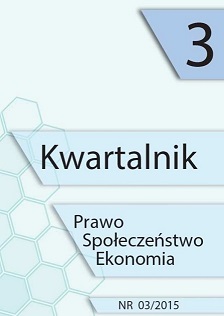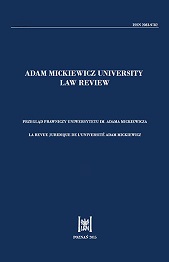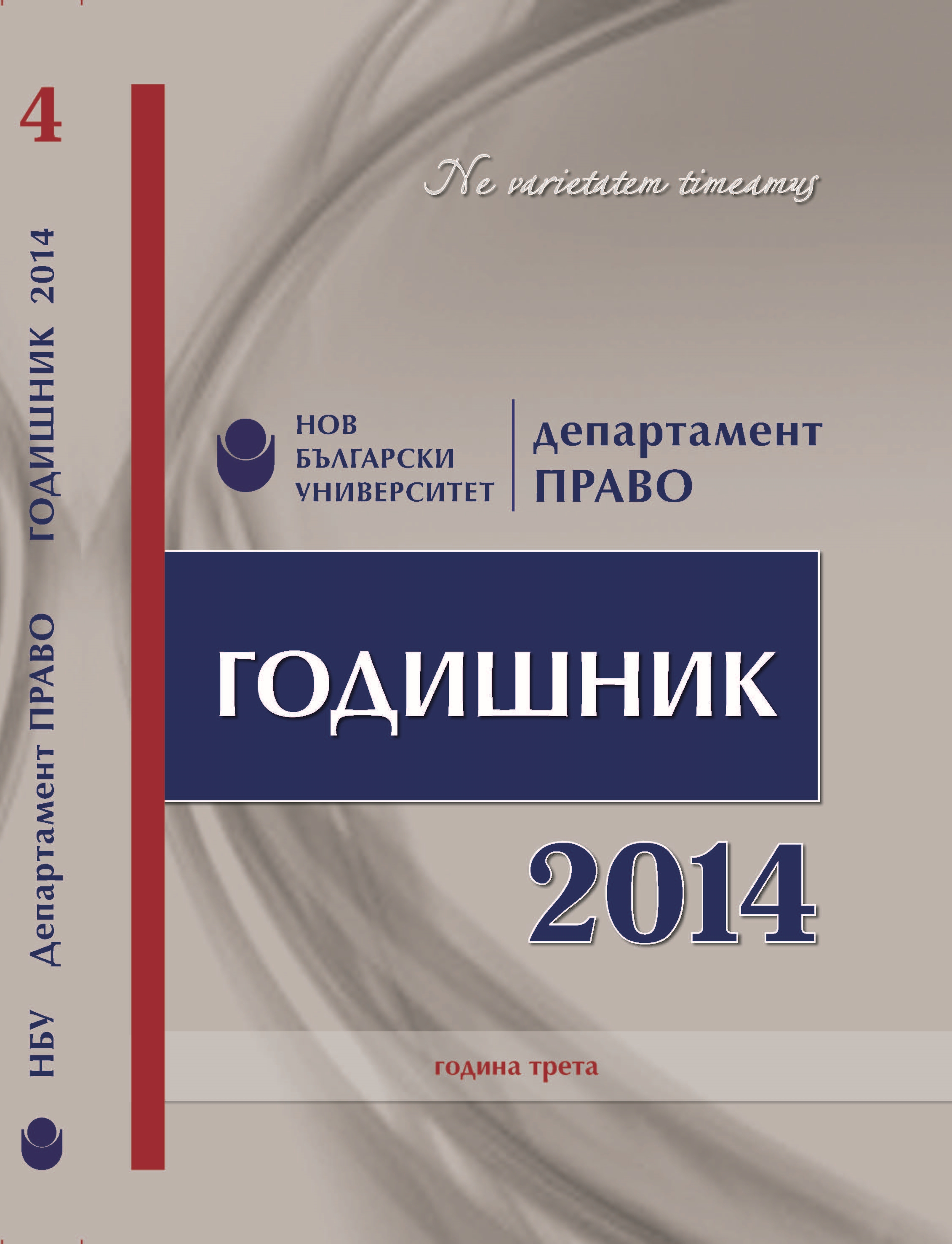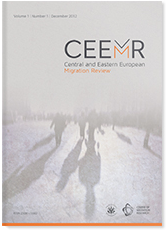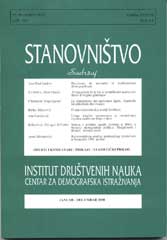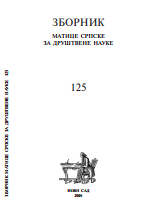Author(s): Jelena R. Predojević Despić / Language(s): Serbian
Issue: 1/2010
Complex relationship between international migrations and the role of social networks, as strategies of connecting developed by the migrants themselves, is very important to study from the legal point of view. The law is not a primary force in the creation of migration courses. The economic, social, political and family factors are those which have the biggest impact on migrations, whereas the legal framework regulates most of social courses which influence the passing of decisions on migration, both on the micro and macro level, and establishes possible ways of conduction of the immigration process itself. On the example of the United States of America, as the largest immigration country, in the paper was shown in which way the development of legal regulations, as the product of the political reply of a country to the needs for foreign labour, can influence the demographic, social and economic characteristics of the immigration quota, and how certain legal regulations can become a major factor of strategies of connection of certain social groups and development of social networks, not only among migrants, but also among the non-migrant population, both in the country of origin and in the country of destination, with a view to issue of an immigration work visa. One of the most important achievements of the US immigration policy is that, in time, through a series of law amendments passed in the last half a century, the legal framework has been constantly improved, which makes possible immigration or temporary stay for work and schooling to those population structures which are deemed to contribute to the social, economic and cultural progress of the country in the best way. In the last few decades, the quota of educated and skilled population from abroad has increased significantly. However, one the of the most significant shortcomings of the American immigration policy is connected to the problems of illegal migrations. The solving of the paradox between restrictive immigration measures and the structural need for unskilled jobs is a considerable challenge for political and law experts not only in the United States, but in most other immigration countries. In this way the migrants will also be enabled to expose themselves as little as possible to law violation in their immigration strategies which will always be part of migration processes.
More...
